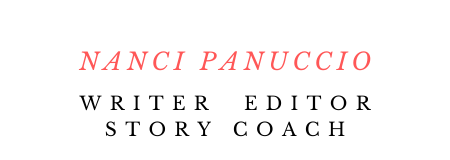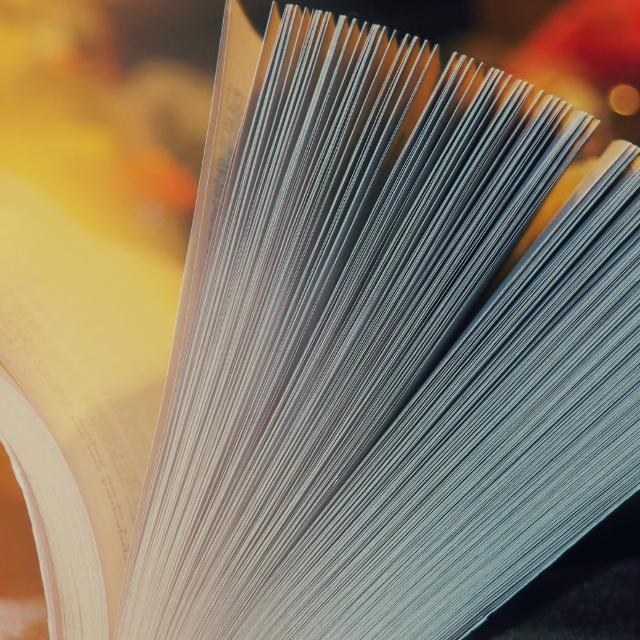Does your story need a prologue? Will it hurt your story? Should you remove or rewrite the one you’ve already written? And how do you write a great prologue that gives just enough information so we can absorb the rest of your story?
Some writers resist prologues. They think it’s an industry no no.
Other writers think it’s a requirement.
But a common mistake writers make with prologues is writing one which has no substantial relationship to the story.
This is why publishers dismiss the whole manuscript without turning the page. That’s what makes a prologue a no no. Not the prologue, but the execution of it.
Hate them or love them, prologues are sometimes necessary to help readers navigate your novel.
This episode will help you decide if your story could benefit from a prologue. You’ll learn 4 types of prologues. And you’ll get tips for writing a winning prologue.
Download as an MP3 by right-clicking here and choosing “save as.”
Episode at a glance:
[03:19] What is a prologue?
Learn the difference between a prologue, forward, preface, and introduction – all which appear before Chapter 1.
[06:36] Which stories benefit from prologues?
Learn the purpose of prologues, what makes them different from first chapters, why some stories need them, and reasons not to write a prologue.
[10:01] When should you consider writing a prologue?
Consider writing a prologue when the information is beyond the scope of your main story-line, the story won’t make sense without it, and you can’t easily work it into your main narrative.
4 different types of prologues
[12:23] 1. Background Prologue
This prologue is useful if the world of your novel is very different from our own. This prologue can establish your story setting and culture and its rules in detail so we can understand the main action better. You never want to thrust your reader unprepared into a world that’s alien to them, because then your opening chapters will be weighed down with exposition that pulls the reader out of the main story and confuses them.
[15:02] 2. Alternate POV Prologue
Sometimes it’s useful to bring in a different narrative perspective than the viewpoints you bring into the main story. This type of prologue can add mystery or anticipation to the coming story.
[19:15] 3. The Thematic Prologue
There may be a particular defining event in your protagonist’s life, which the reader needs to know in order to understand your character fully. Usually, it’s a tragic event, a loss, or trauma – some defining event that changed your character’s life or sense of self. This prologue brings us into a powerful event, which draws us in, and makes us connect with the protagonist deeply right from the start.
[23:03] 4. The flash forward.
This prologue shows us the future self of the main character, and then sets the story in motion of how he or she reached that point. This prologue often presents the end of the story first, with the journey towards that point beginning in the first chapter.
[28:07] Learn 5 tips to write a prologue that hooks readers in, arouses their curiosity, and keeps them wanting more.
Links mentioned in this episode:
The Lord of The Rings by J.R.R. Tolkien
Jurassic Park: A Novel by Michael Crichton
Autobiography of A Face by Lucy Grealy
One True Thing by Anna Quindlen
Rate, Review, and Follow on Apple Podcasts.
“I love Writer Unleashed!” If that sounds like you, please consider rating and reviewing my show. This helps me support more writers — just like you —to bring the story burning in their imagination onto the page. Click here, scroll to the bottom, tap to rate with five stars, and select “Write a Review.” Then be sure to let me know what you loved most about the episode!
Also, if you haven’t done so already, follow the podcast. It’s chock full of writing tips and inspiration every Tuesday. Follow now!

